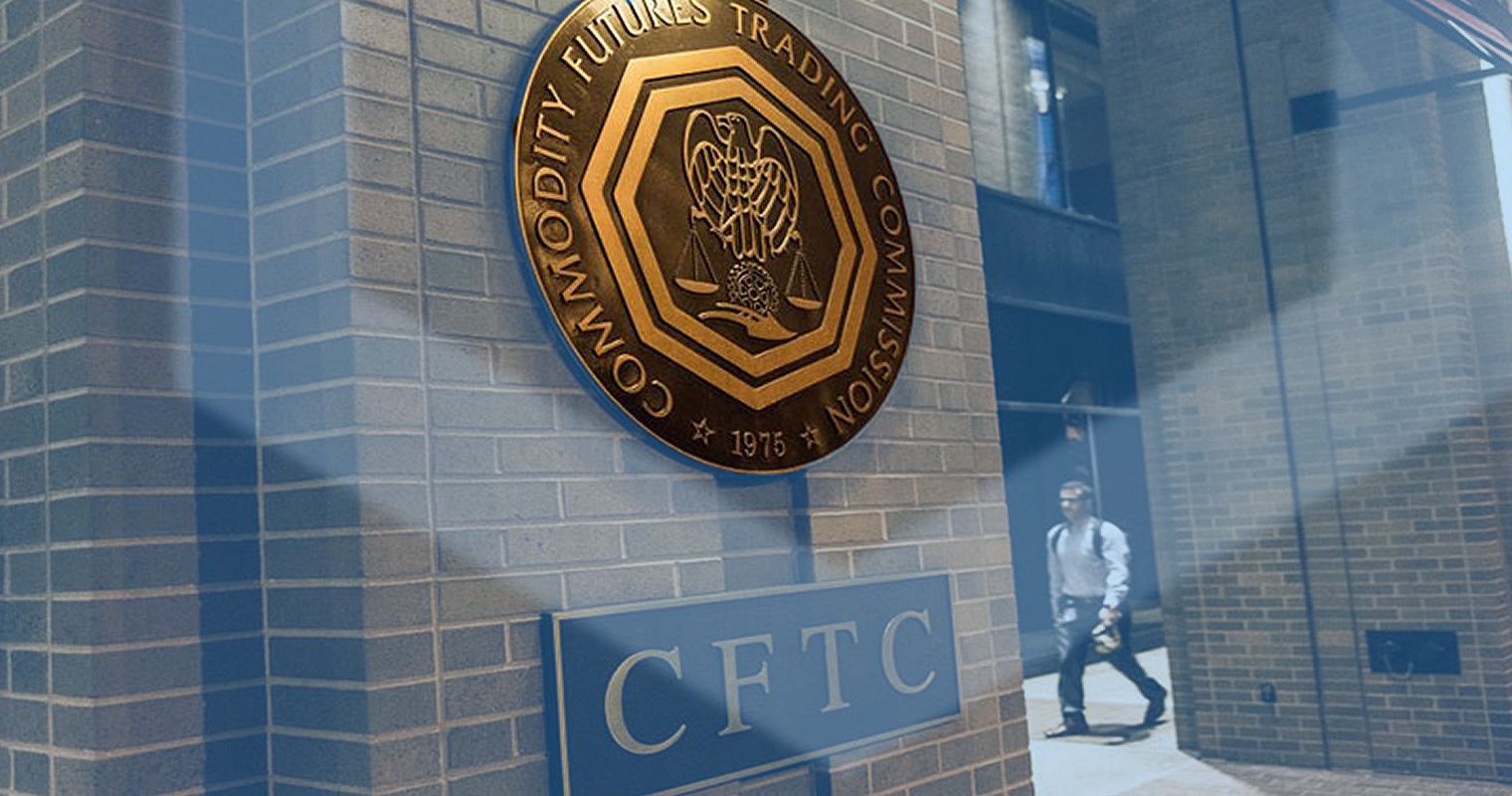CFTC Eases Crypto Derivatives Regulations, Aligning Digital Assets with Traditional Finance
31.03.2025 9:00 2 min. read Alexander Stefanov
The U.S. Commodities Futures Trading Commission (CFTC) has taken a significant step by revoking a previous directive that had suggested stricter oversight of digital asset derivatives.
This move signals a more supportive regulatory environment for cryptocurrencies, reflecting a shift in how the U.S. handles these emerging financial products.
The CFTC withdrew two important advisories—No. 23-07 and No. 18-14—that were initially designed to target the risks associated with digital asset clearing and the listing of cryptocurrency derivatives. Introduced in 2023, these advisories had hinted at a more stringent approach to regulating crypto products. However, with the latest withdrawal, the CFTC aims to ensure that digital asset derivatives are treated in the same way as traditional financial instruments, like those found on the Ethereum network.
This decision eliminates the regulatory distinctions between traditional finance (TradFi) and digital assets, paving the way for greater participation from institutional investors in the crypto space. As a result, the crypto derivatives market could see improved liquidity and more established market dynamics, helping it grow and mature. However, the CFTC has stressed that while the regulations have been relaxed, clearing organizations must still account for the unique risks that digital products pose.
This regulatory shift comes on the heels of another key development: the Office of the Comptroller of the Currency (OCC) recently allowed U.S. banks to offer services related to cryptocurrencies and stablecoins without needing prior approval. The OCC, however, made it clear that banks must still adhere to strong risk management practices similar to those required for traditional banking.
While the CFTC’s decision marks a major departure from previous crypto regulations, it aligns with a broader trend among U.S. financial regulators to facilitate innovation within the cryptocurrency space, all while maintaining prudent risk management standards. This evolving approach highlights a balance between embracing new financial technologies and ensuring the stability of the broader financial system.
-
1
Japan Plans Major Crypto Reform with New Tax Rules and ETF Access
24.06.2025 20:00 2 min. read -
2
Gemini Launches Tokenized MicroStrategy Stock for EU Users
28.06.2025 9:30 2 min. read -
3
Here is When the U.S. House Will Vote on Key Crypto Bills
04.07.2025 12:00 2 min. read -
4
U.S. Crypto Investors Hit by IRS Letter Surge as Tax Crackdown Looms
29.06.2025 11:00 3 min. read -
5
Ripple Drops Cross-Appeal, Moves to End SEC Case “Once and for All”
28.06.2025 12:30 2 min. read
Senate Confirms Crypto-Linked Nominee Jonathan Gould to Head OCC
The U.S. Senate has confirmed Jonathan Gould as the next head of the Office of the Comptroller of the Currency (OCC), moving his nomination to President Donald Trump for final approval.
Australia Tests CBDCs in 24 Separate Real-World Finance Use Cases
Australia is stepping up its digital currency efforts with the next phase of Project Acacia, a pilot focused on testing central bank digital currency (CBDC) and tokenized finance in real-world applications.
U.S. Treasury Eliminates Crypto Reporting Rule Targeting Decentralized Exchanges
According to Bloomberg the U.S. Treasury Department has officially eliminated a controversial crypto reporting requirement that targeted decentralized exchanges.
U.S. Lawmakers Target El Salvador With Crypto Sanctions Plan
Three Democratic senators—Chris Van Hollen, Tim Kaine, and Alex Padilla—unveiled a bill aiming to penalize El Salvador’s President Nayib Bukele and his allies.
-
1
Japan Plans Major Crypto Reform with New Tax Rules and ETF Access
24.06.2025 20:00 2 min. read -
2
Gemini Launches Tokenized MicroStrategy Stock for EU Users
28.06.2025 9:30 2 min. read -
3
Here is When the U.S. House Will Vote on Key Crypto Bills
04.07.2025 12:00 2 min. read -
4
U.S. Crypto Investors Hit by IRS Letter Surge as Tax Crackdown Looms
29.06.2025 11:00 3 min. read -
5
Ripple Drops Cross-Appeal, Moves to End SEC Case “Once and for All”
28.06.2025 12:30 2 min. read


